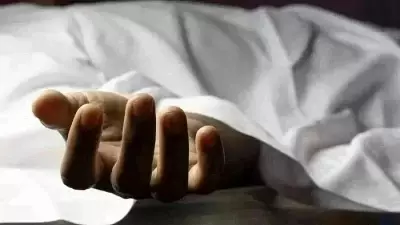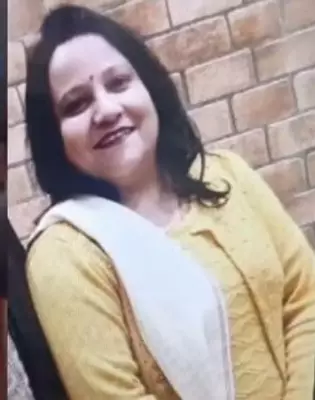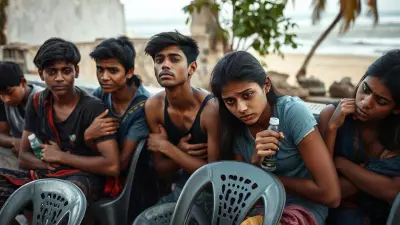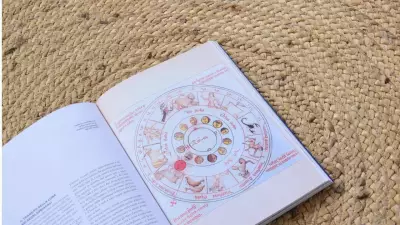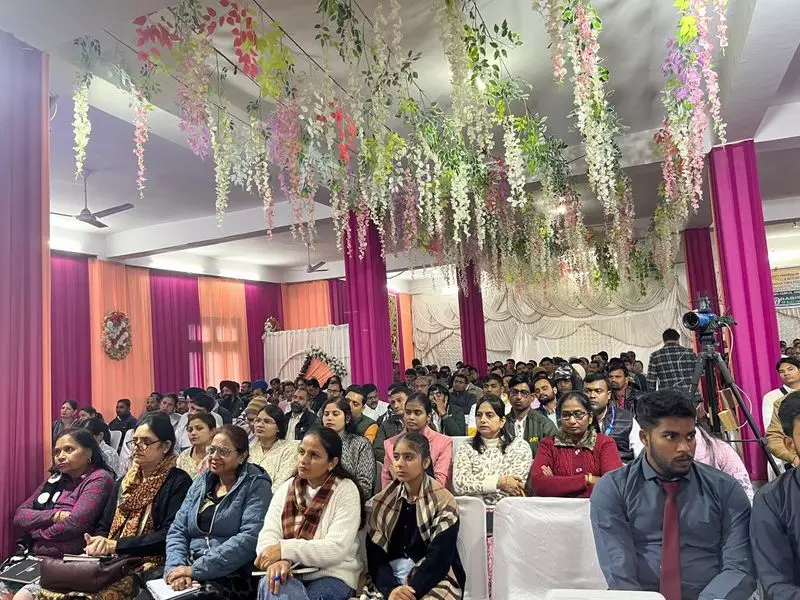
India is confronting an unprecedented array of complex health challenges directly linked to the rapid adoption of artificial lifestyles, according to prominent healthcare experts. The shift from traditional ways of living to modern, technology-driven routines is creating a perfect storm for public health concerns that demand immediate attention.
The Root Causes Behind India's Health Crisis
Dr. Rajesh Sood, the esteemed Chairman of the Department of Anaesthesia at the prestigious Dr. Rajendra Prasad Government Medical College (RPGMC), recently sounded the alarm about this growing crisis. Speaking at a significant health awareness camp organized in the picturesque hill station of Tattapani, Dr. Sood emphasized how artificial food habits and sedentary routines have become primary drivers of deteriorating public health across the nation.
The health camp, strategically organized at the sacred Tattapani hot water springs, served as an ideal platform to address these pressing concerns. Dr. Sood didn't mince words when he stated that modern Indians are increasingly disconnected from natural living patterns that once defined the country's approach to health and wellness.
Specific Health Threats Emerging from Modern Lifestyles
The medical expert highlighted several specific health conditions that are seeing alarming increases due to these lifestyle changes. Diabetes, hypertension, and heart disease have become disturbingly common, affecting people across different age groups and socioeconomic backgrounds. What's particularly concerning is how these conditions, once considered diseases of affluence, are now penetrating rural and semi-urban areas as well.
Dr. Sood pointed to several culprits behind this health emergency. Processed foods loaded with artificial ingredients have replaced traditional, nutritionally balanced meals. The convenience of packaged snacks and ready-to-eat meals comes at the significant cost of compromised nutritional value and increased health risks.
Equally damaging is the sedentary nature of modern work and leisure. With digital entertainment and desk-bound jobs becoming the norm, physical activity has dramatically decreased. This lack of movement, combined with poor dietary choices, creates a dangerous combination that predisposes individuals to multiple chronic conditions.
Comprehensive Solutions and the Path Forward
Despite the grim picture, Dr. Sood offered practical solutions that could help reverse this troubling trend. He strongly advocated for a return to natural food sources and traditional cooking methods. Emphasizing the wisdom of ancestral eating patterns, he suggested that incorporating locally sourced, seasonal ingredients could significantly improve nutritional intake and overall health.
The anaesthesia department chairman also stressed the critical importance of regular physical activity tailored to individual capabilities. Rather than intense, unsustainable exercise regimens, he recommended consistent, moderate activity that could be easily integrated into daily routines.
The health camp itself demonstrated the power of community-based healthcare initiatives. Organized with support from the local Nagar Panchayat, the event provided free medical check-ups and essential medicines to approximately 150 patients. This model of accessible healthcare represents exactly the kind of approach needed to address India's complex health landscape.
Medical professionals who made the initiative possible included Dr. Priyanka, Dr. Divya, Dr. Ankush, and dedicated staff members Ramesh and Sunil. Their collective effort underscores the importance of community engagement in healthcare delivery, especially in reaching populations that might otherwise lack access to medical services.
As India continues its rapid modernization, the warnings from healthcare experts like Dr. Sood become increasingly urgent. The nation stands at a crossroads where it must balance technological progress with health-conscious living. The choices made today regarding lifestyle, nutrition, and physical activity will determine the health outcomes for generations of Indians to come.

